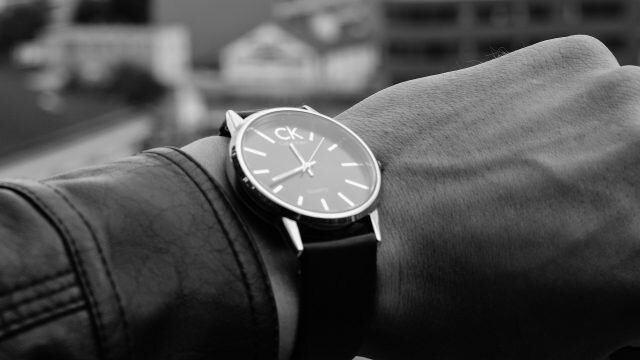Last updated July 3, 2018 at 5:01 pm
Hormone increases desire for status-building brands.

An increased level of testosterone increases our preference for blingy brand names and products, according to new research.
After boosting men’s testosterone using a gel, researchers found that men had an increased affinity to brands that portrayed a status rather than lower-status but equal quality products, compared to others who received an inert placebo dose.
And that, say the researchers, reveals a parallel between us and the status displays of other animals.
Hormones skew our preferences
From schools of fish to groups of humans, social hierarchies exist across all species. In humans, gaining status would traditionally be achieved through prowess at hunting (a prehistoric approach) or having valued skills (more modern). However, that route can be short circuited by displays of wealth and power which act as signals to others, such as a preference towards brands that project a certain status.
In animals, the sex hormone testosterone increases during the breeding season, and seems to drive many of the displays of status, such as courtship singing in birds, and the growth of antlers in stags.
Researchers from the University of Pennsylvania took inspiration, and decided to see if a similar effect would occur in humans.
To do this, 243 males were recruited, with half of them given a testosterone gel to boost levels. The other half received an inert placebo gel (saliva samples were taken to ensure that testosterone levels were being increased by the gel).
The men were then shown a series of pairs of brands which were of similar quality, but differed in their perceived social rank – for example Calvin Klein jeans (high social rank) vs Levi’s (low). Ranking their preference for one brand over another on a scale, the men who received the testosterone boost consistently preferred the high social ranking brand more than the placebo group.
Subtracting the effects of mood, age and their baseline testosterone levels, the extra testosterone still increased men’s preference for the high-status brands.
Even when the researchers took the brand names out of the test, instead only giving the participants written descriptions of product which differed only in their emphasis of power, quality or status, the testosterone treated group had a greater affinity towards the “status” products than the placebo group.
Biology driven quest for status
The researchers write that these are the first findings that show the link between testosterone and customers preferences, and that the preference was driven by the status of the product, not the quality or a level of power.
This, they say, reveals a potential biological motive for the consumption of status goods – our testosterone levels increase our desire for status.
The researchers do point out that while the tests included a question about how likely the participants were to purchase the product, the results were weaker than their preference towards the brand. This difference could mean that when the money hits the table, other factors may influence the final decision making.
The research also used an all-male sample to match animal studies (which generally use all-males). However, previous research has shown that women also exhibit testosterone-driven status-related behaviours. Future research, write the researchers, should be directed to explore whether the same effects on consumer preferences exist in females as well, as well exploring the effect across other cultures.
The research was published in Nature Communications.































































































































































































































































